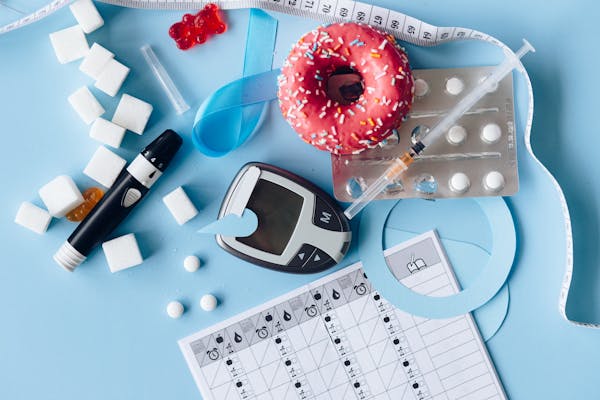MCT Oil Stabilized Cognition in Alzheimer Disease
[ad_1]

The study at hand was quite little, only 20 members. So benefits might not be reproducible. The Canadian researchers’ primary summary: “This is the longest period MCT Alzheimer Disorder research to day. Eighty per cent had stabilization or advancement in cognition, and much better response with 9‐month continual MCT oil.”
MCT stands for medium chain triglycerides, which apparently are derived from coconut and palm oil. The MCTs supply a supply of electrical power for the mind – ketones – as a partial substitute for the brain’s typical strength supply, glucose.
Research members as anticipated ended up elderly and had gentle to moderate Alzheimer Illness. Folks with diabetes were excluded from participation.
The post introduction has some intriguing facts:
The brain is an obligate glucose metabolizer using 120 to 130 g/day of glucose. It makes use of 16% of the body’s total O2 consumption, despite symbolizing only 2.% to 2.3% of grownup system body weight. In ailments of reduced carbohydrate intake or fasting, the overall body uses ketones (acetoacetate and beta hydroxybutyrate [BHB]) as an choice energy source to glucose. Ketones are ordinarily produced in fasting states from beta‐oxidation of adipose suppliers to keep cerebral perform. In long‐term fasting, ketones can supply > 60% of the brain’s power demands, and are preferentially taken up by the brain around glucose. This takes place in cognitively standard younger and more mature grownups, as very well as in these with gentle cognitive impairment (MCI) and Advert.
Ketones can also be induced with a extremely minimal carbohydrate superior body fat (VLCHF) diet program. Medium chain triglyceride (MCT) oil has the possible to develop a dietary source of ketones for an alternative mind gas to glucose, or by the use of MCT oil or esterases in freeze‐dried type. This is impartial of the fasting point out or carbohydrate consumption. Long‐term compliance with fasting or VLCHF and LCHF diet program regimes is tough and necessitates strict professional medical supervision. As a result, the likely gain of dietary ketone sources (MCT) about these restrictive eating plans. Our the latest analyze confirmed a apparent dose‐dependent effect on ketone (BHB) generation with different doses of MCT supplementation, and was identified to be equal in youthful, elderly, and Advert subjects.
In Alzheimer Ailment (Ad), the brain is not able to use glucose commonly, producing hypofunction of 20% to 40% in crucial parts of the brain liable for the indicators in Advertisement.
The MCT oil applied was Bulletproof Brain Octane ® (NPN 80057199). Are other MCT oils just as fantastic? Hell if I know. The goal dose was 3 tablespoons (15 ml) every day. My feeling is that it was encouraged as one tablespoon (15 ml) 3 moments daily. The typical intake ended up as two tablespoons day by day. Caregivers were in demand of dosing and they tended to fail to remember or omit the lunchtime dose. Some analyze participants experienced constrained dosing owing to MCT side outcomes: belly agony, diarrhea, or vomiting.
Conclusion:
This study shows that members taking MCT supplementation for 11 months continuously did greater cognitively than their peers who experienced their 11 months of MCT interrupted by 4 months of placebo (olive) oil. Provided that most patients really should knowledge a fall in their cognitive scores in excess of the 15 months, the point that those people on more time ongoing MCT did not, could be a sample sizing error for the results other than Montreal Cognitive Evaluation, but it could also be that the variance in scores (displaying balance) is valid.
In other words and phrases, MCT oil didn’t strengthen cognition, but stabilized it. I.e., it prevented the regular envisioned drop above time.
Steve Parker, M.D.
h/t The Very low Carb Diabetic
PS: One more way to present ketones to the mind is a ketogenic diet. My book has just one.

[ad_2]
Supply hyperlink




